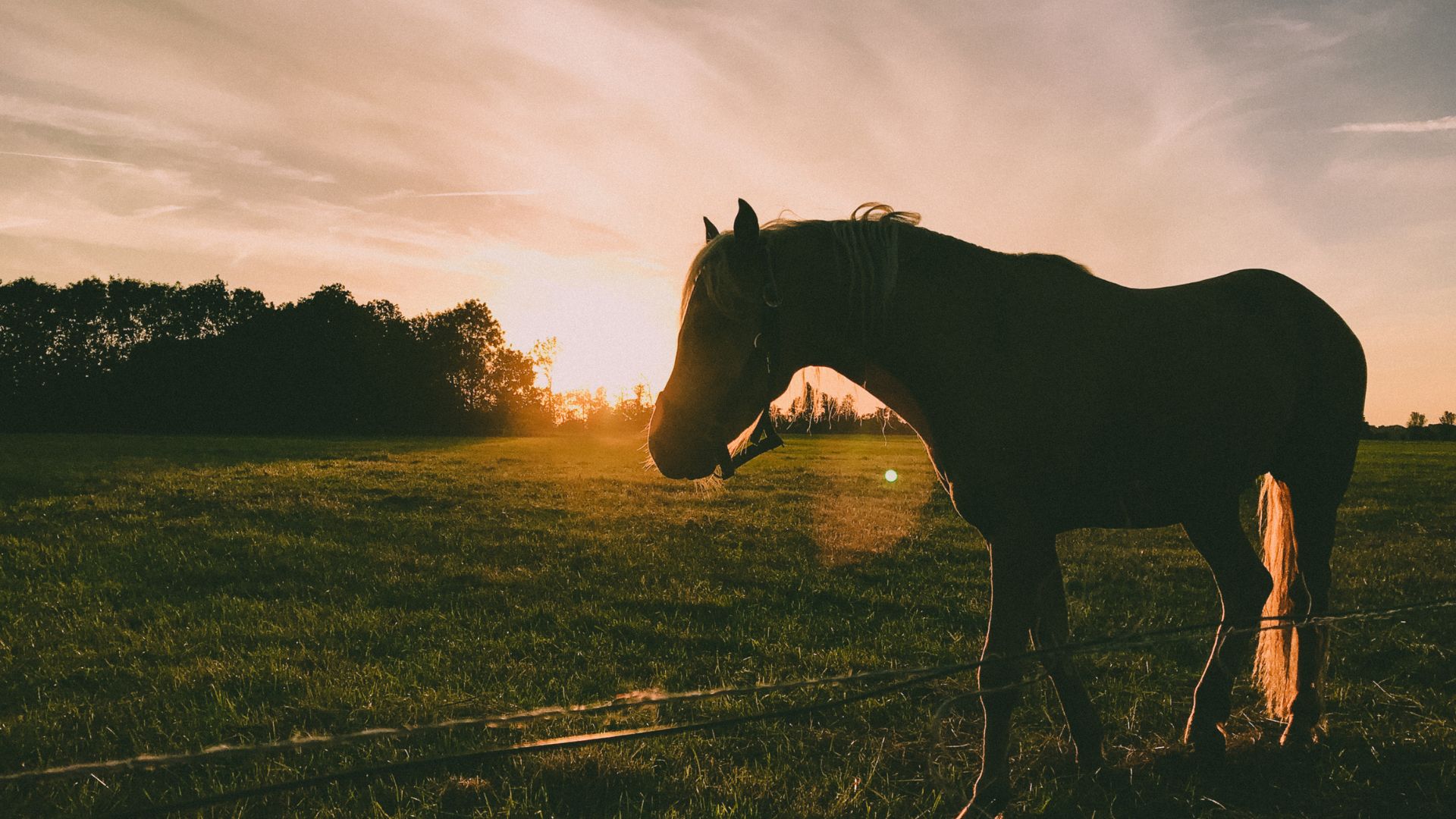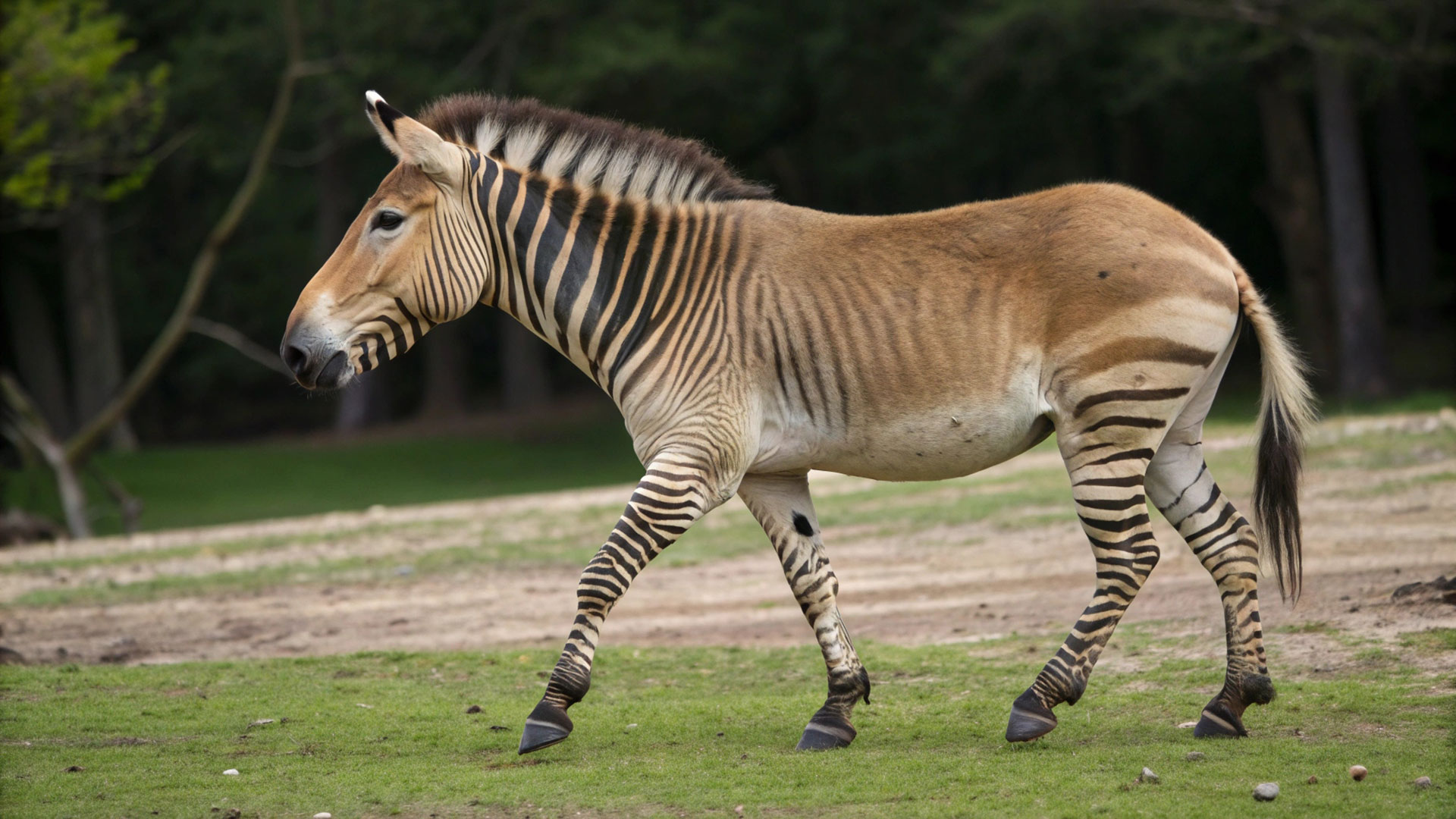
Horses relax around humans they know
According to Italian researchers, horses enter a positive emotional state when they see or interact with a human that has built a good relationship with them.
There is no secret that people have been developing bonding relationships with horses throughout history. Our list of the most famous horses from history reflects a connection between rider and horse. However, how can we bond with horses?
A new study by Italian researchers has shed some light on the matter. Horses develop positive emotional experiences when they see a familiar face. In a way, we could say they become more relaxed around a human they interact with frequently.
Grooming our horses is important to connect with them
Chiara Scopa, PhD at the National Reference Centre for Animal Assisted Interventions adds this positive feeling increases when the person brushes the horse. Horses have lower heart rates around people they feel comfortable around.
“By defining a familiar human as someone whom animals have had multiple occasions to interact with and establish a relationship of a positive emotional valence, we can positively affirm that horses are able to develop a bond with them,” commented Scopa.
Grooming a horse daily allows riders to check on the horse’s health and well-being. This improves the health of their skin and coat.
You might like: Do you know the different horse colours and coat patterns? Find out here.
Heart Rate and HRV
Researchers observed 23 mixed-breed horses in leisure riding stables as both familiar and unfamiliar humans approached them. The scientists analysed the heart rate and heart rate variability (HRV) of the horses as they stood in the stall and as a human took a soft brush and groomed them.
They found out that horses had lower heart rates when they were groomed, regardless of who it was. However, HRV rates were very different when they interacted with familiar humans or with unfamiliar faces.
Co-author, Laura Contalbrigo, DVM, PhD said “These complex additional analyses on the sympathovagal correlate revealed a modulation of the cardiovascular neural regulation related to the level of the handler familiarity.” In other words, they were able to verify that horses show different reactions when they are with a familiar human or not.
Our relationship with horses is complex
The horse-human relationship is complex and depends on the past relationship with the horse and the current interactions. For instance, horses developed a much more positive emotional state when familiar humans brushed them on either side. However, with unfamiliar humans, they only showed these emotions when being brushed on the left side.
“We believe that the idea that horses’ behaviours and emotional states are just tuned to simple cause-effect reactions should be broadened and explored further.” Horses are complex animals and their emotions are affected by more factors than simply recognizing a human.
Work your relationship with your horse every day
Co-author Paolo Baragli, DVM, PhD, researcher and professor specializing in horse-human connections at the University of Pisa Department of Veterinary Sciences says this study strengthens an idea believed for many years. Horse-human relationship grows stronger with day-by-day interactions, and these interactions need to be positive.
“In the same way it happens for dogs and people, horses develop a relationship with subjects who are present in their life on a daily basis,” comments Baragli. This is particularly true with physical contact.
Physical touch is present in almost all interactions with horses. Moreover, horses are good observers and remain vigilant to movement and emotions. This, besides growing rapport between humans and horses, helps many suffering from anxiety to feel safe.
Horses love when we interact, groom and make sure all physical encounters are positive. This helps them feel good and relax around us, bonding better with us. If you compete in show jumping or dressage events, creating a connection with your horse in order to surpass the obstacles is essential.
You can read the study here.
What were your impressions of this article? Let us know your thoughts on the matter on our Facebook, Instagram or Twitter account.












_v2.svg)
_v2.svg)









_v2.svg)


